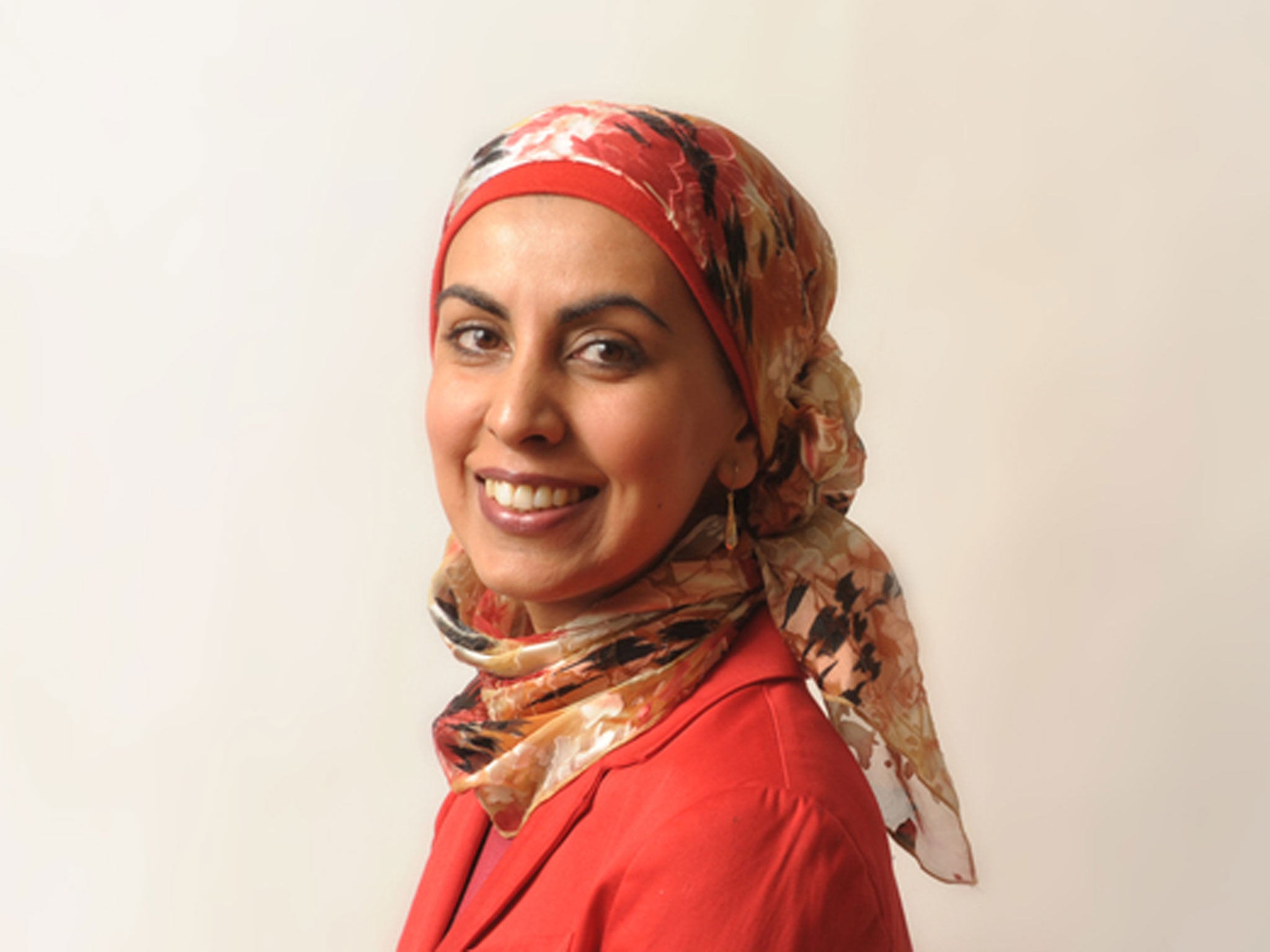Memoirs & diaries round-up: Tragedy, comedy, travel and Maggie reconsidered

Your support helps us to tell the story
From reproductive rights to climate change to Big Tech, The Independent is on the ground when the story is developing. Whether it's investigating the financials of Elon Musk's pro-Trump PAC or producing our latest documentary, 'The A Word', which shines a light on the American women fighting for reproductive rights, we know how important it is to parse out the facts from the messaging.
At such a critical moment in US history, we need reporters on the ground. Your donation allows us to keep sending journalists to speak to both sides of the story.
The Independent is trusted by Americans across the entire political spectrum. And unlike many other quality news outlets, we choose not to lock Americans out of our reporting and analysis with paywalls. We believe quality journalism should be available to everyone, paid for by those who can afford it.
Your support makes all the difference.Having buried his mother, his younger brother, and now his father, at the tender age of only 24, Will Boast feels like "some kind of tacked-on epilogue" to the story of his family. Then, just a few months after his father's death, he discovers that he has two half-brothers living in England, the offspring of his father's short-lived first marriage, and part of the past left behind when they emigrated to America when Boast and his brother were children – a secret kept from them their entire lives.
Epilogue: a Memoir (Granta, £12.99) is an aptly meandering exercise in memory as Boast struggles to reconcile what he thought he knew about his parents with what he's uncovered. Taking a plot "so clumsy" if he were to write it as fiction no one would believe it, he shapes it into a heartbreakingly raw but gracefully constructed Bildungsroman.
From the tragic to the comic with Zarqa Nawaz's Laughing All the Way to the Mosque (Virago, £12.99), an account of life as a Muslim in Western society. The only brown girl in her class at school, growing up in Canada is full of everyday trials for Nawaz – chicken drumsticks instead of sandwiches for lunch, having to wear trousers under her dress, and not being allowed to shave her (hairy) legs before gym class. But she takes it all in her stride, happily agreeing to a (kind of) arranged marriage (but only to "The One"), fielding questions about bathroom etiquette from impatient plumbers, and combining a successful career – she creates the popular Little Mosque on the Prairie series for Canadian TV – with the demands of her family. She's sarcastic and irreverent but warm-hearted, and her writing has something of the great Nora Ephron's about it – she's witty and quick, but never takes herself too seriously.
Books that feature portraits of Muslim identity and community not defined by issues of religious fundamentalism have never been as important as today. So it's pleasing that in texts that otherwise couldn't be more different, this is something that links Nawaz's memoirs with those of Lesley Branch, the intrepid traveller and writer whose accounts of her voyages in the Middle East evoke a region, according to her god-daughter and the editor of On the Wilder Shores of Love: A Bohemian Life (Virago, £20), Georgia de Chamberet, "as it once was, before bombs and fundamentalism became daily news". This sumptuous and captivating collection of Branch's work includes some of her travel writing, her memoirs of growing up in Chiswick at the turn of the century, pieces written as British Vogue's features editor during the Second World War, and a narrative of her marriage to the diplomat and novelist Romain Gary, including their life in Hollywood in the 1950s and portraits of the great and the good she crossed paths with.
This, obviously, is the point of Margaret Thatcher's envoy to South Africa Robin Renwick's The End of Apartheid: Diary of a Revolution (Biteback, £16.99). It's an interesting behind-the-scenes account of the events that unfolded on a world stage, but first and foremost a chronicle in praise of his Prime Minister, and one, he hopes, that "will lay finally to rest the contention that Margaret Thatcher was 'a friend to apartheid' and called Nelson Mandela a 'terrorist'." There are some interesting sketches of the main players – meetings with PW Botha that gave Renwick the impression of "calling on the Führer in his bunker", and Mandela describing the PM as "warm and motherly" – but the overall tone is clipped and documentary rather than anecdotal. lucy scholes
Join our commenting forum
Join thought-provoking conversations, follow other Independent readers and see their replies
Comments